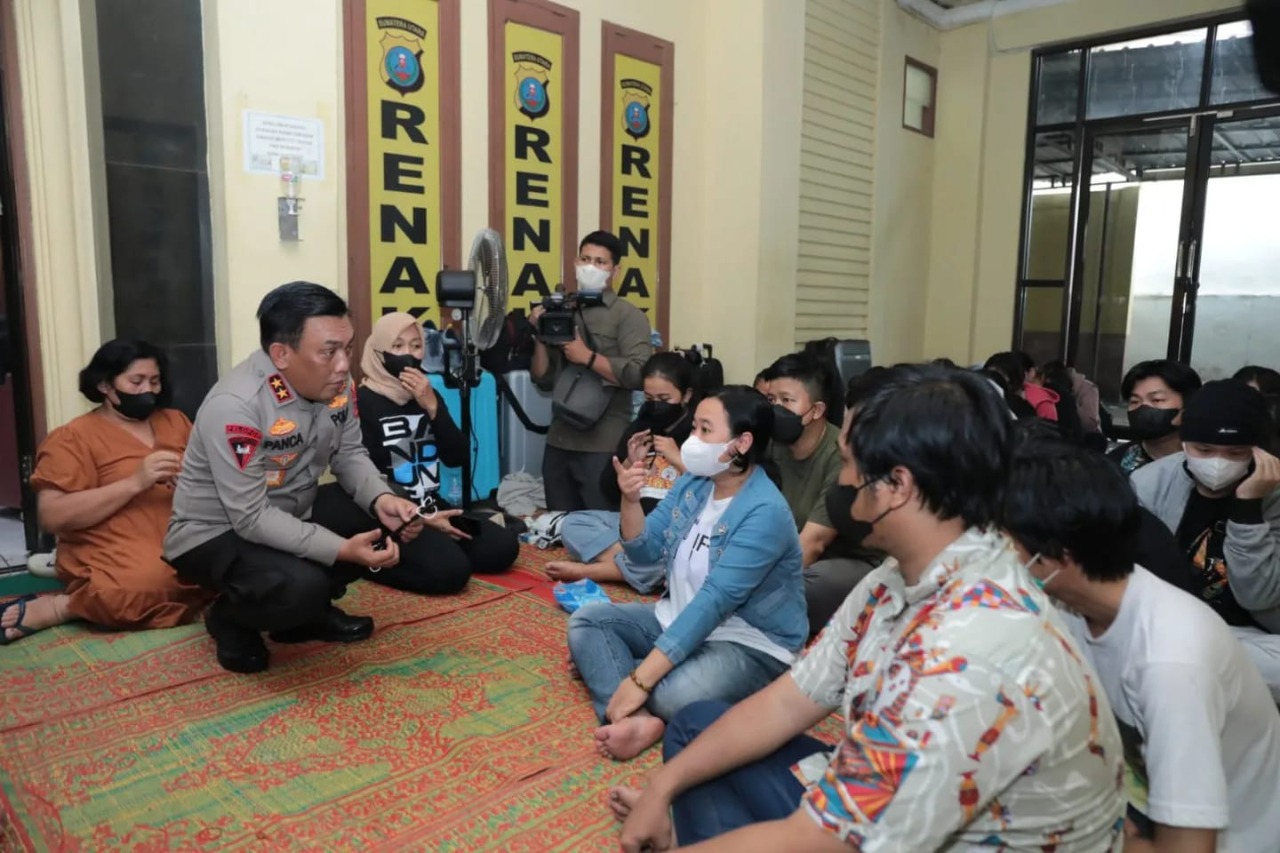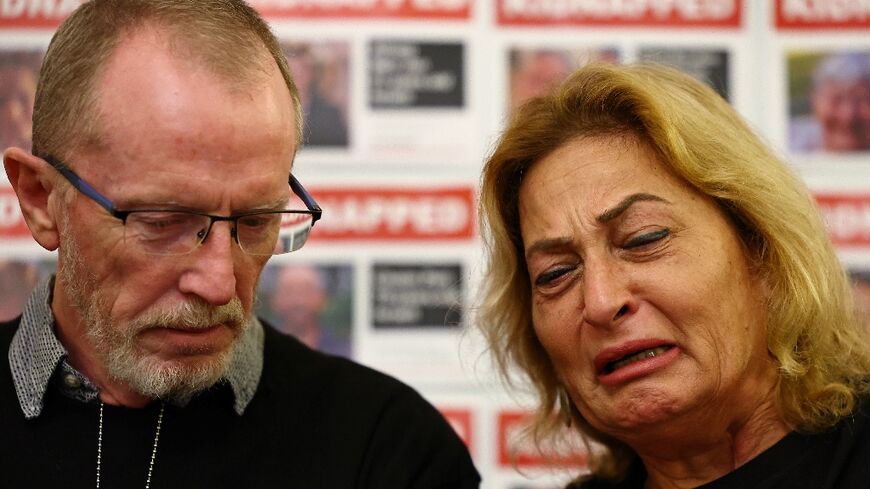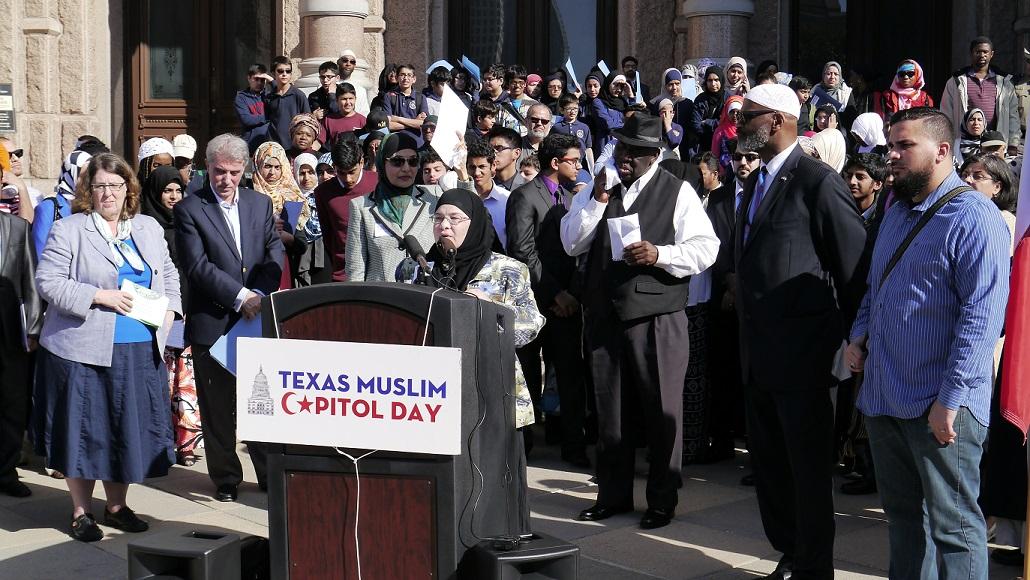Shifting Sands: Trump's Impact On The US And Europe's Ukraine Policy

Table of Contents
Trump's Ambivalent Stance Towards Ukraine
Trump's presidency witnessed a marked departure from previous administrations' unwavering support for Ukraine. This ambivalent stance manifested in two key areas: reduced military aid and a questioning of NATO's role.
Reduced US Military Aid and Support
Under Trump, military assistance to Ukraine significantly decreased compared to previous administrations. This reduction impacted Ukraine's defense capabilities and overall morale.
- Delayed Deliveries: Several aid packages faced delays, hindering Ukraine's ability to respond effectively to Russian aggression.
- Public Criticism: Trump publicly questioned the allocation of aid, undermining the message of unwavering US support.
- Reduced Funding: Budgetary allocations for military aid were consistently lower than those requested by Ukrainian officials and advocated for by many within the US military and foreign policy establishment. While precise figures vary depending on the specific aid programs and reporting methods, a noticeable reduction in funding was observed compared to the Obama administration.
This decrease in military assistance demonstrably weakened Ukraine's defensive posture and cast doubt on the reliability of US commitment to its security.
Questioning NATO's Role and Commitment
Trump's rhetoric consistently questioned NATO's relevance, particularly concerning its role in the Ukraine conflict. His doubts about the alliance's effectiveness and his seemingly cozy relationship with Vladimir Putin raised serious concerns among European allies.
- Public Doubts about Article 5: Trump repeatedly expressed skepticism about the alliance's Article 5 collective defense clause, casting doubt on the US's commitment to defend its allies.
- Meetings with Putin: His meetings with Putin often lacked transparency and seemed to prioritize personal rapport over addressing Russian aggression in Ukraine.
- Undermining NATO Unity: This created internal divisions within NATO, weakening the alliance's ability to present a united front against Russian expansionism.
This uncertainty regarding US security guarantees severely undermined European trust in the transatlantic alliance and fostered a sense of insecurity within NATO member states.
Shifting Dynamics in US-Russia Relations
Trump's approach to Russia significantly influenced US policy towards Ukraine. His attempts to normalize relations, coupled with reluctance to enforce sanctions, altered the dynamics of the conflict.
Normalization Attempts and Sanction Reluctance
Trump consistently sought improved relations with Russia, even at the expense of holding Moscow accountable for its actions in Ukraine. This included a demonstrable hesitancy to impose or fully enforce sanctions.
- Sanctions Delays and Weakening: Several sanctions were either delayed, weakened, or not enforced fully, signaling a lack of strong US opposition to Russian aggression.
- Downplaying Russian Aggression: Trump frequently downplayed Russia's role in the conflict, undermining international efforts to hold Russia accountable.
- Emboldened Russia: This approach arguably emboldened Russia to further its ambitions in Ukraine, perceiving a less resolute US response.
The impact of this policy was a significant increase in Russian aggression, with experts pointing to Trump’s reluctance to impose meaningful consequences as a contributing factor to Russia's calculus.
The Impact of the Mueller Investigation
The Mueller investigation into Russian interference in the 2016 US election played a significant role in shaping Trump's Ukraine policy. The investigation’s shadow cast doubt on the legitimacy of his actions and possibly constrained his freedom of maneuver.
- Potential Constraints on Actions: The ongoing investigation might have limited Trump's ability to pursue policies too overtly friendly to Russia, fearing further accusations of collusion.
- Emboldened Russia (Counterpoint): Conversely, Russia might have perceived this internal US struggle as a weakness, potentially emboldening them to escalate actions in Ukraine.
- Impact on Transparency: The investigation highlighted the crucial need for greater transparency and accountability in US foreign policy decision-making, particularly regarding sensitive relations with adversarial nations.
European Responses to Trump's Ukraine Policy
Europe found itself bearing a disproportionate share of the responsibility for supporting Ukraine amidst diminished US involvement. This led to increased European burden-sharing and strained transatlantic relations.
Increased European Burden-Sharing
With the US support wavering, European nations had to significantly increase their support for Ukraine.
- Increased Military Aid: Several European countries augmented their military aid to Ukraine, providing weapons, training, and financial support.
- Humanitarian Aid: Europe also increased humanitarian assistance, providing vital resources to Ukrainians affected by the conflict.
- Strengthened European Defense: The experience underscored the need for a stronger and more independent European defense posture.
Strained Transatlantic Relations
Trump's Ukraine policy severely tested the transatlantic alliance, creating friction between the US and its European allies.
- Disagreements on Sanctions: European nations often disagreed with Trump's reluctance to impose or enforce sanctions against Russia, creating tensions and hindering unified action.
- Decreased Coordination: The lack of clear US leadership and consistent messaging led to decreased coordination and cooperation on key aspects of Ukraine policy.
- Long-Term Damage to Trust: The inconsistent US approach eroded trust in the reliability of the transatlantic partnership, leaving lasting concerns about future cooperation.
Conclusion
Trump's presidency marked a pivotal moment in the Russia-Ukraine conflict, significantly altering US and European policy. His ambivalent stance toward Ukraine, characterized by reduced military aid, questioning of NATO's role, and reluctance to fully sanction Russia, profoundly impacted the geopolitical landscape. Europe was forced to shoulder a greater burden in supporting Ukraine, and transatlantic relations suffered from decreased trust and coordination. The long-term consequences of this approach remain to be seen, but it’s clear that "Trump's Impact on US and Europe's Ukraine Policy" has had and will continue to have a lasting effect on the ongoing conflict and the stability of the international order. To fully grasp the complexities of this situation, further research into related events, expert analyses from think tanks like the Atlantic Council or the Center for Strategic and International Studies, and ongoing reporting from reputable news outlets is crucial. Continue to delve into the multifaceted aspects of "Trump's Impact on US and Europe's Ukraine Policy" to better understand the ongoing situation.

Featured Posts
-
 Karding Klarifikasi Terkait Isu Penempatan Pekerja Migran Di Kamboja Dan Myanmar
May 13, 2025
Karding Klarifikasi Terkait Isu Penempatan Pekerja Migran Di Kamboja Dan Myanmar
May 13, 2025 -
 Families Of Gaza Hostages Living Through A Prolonged Nightmare
May 13, 2025
Families Of Gaza Hostages Living Through A Prolonged Nightmare
May 13, 2025 -
 Pegula Falls To Sabalenka In Hard Fought Miami Open Final
May 13, 2025
Pegula Falls To Sabalenka In Hard Fought Miami Open Final
May 13, 2025 -
 Controversial Texas Muslim City Proposal Faces Governors Opposition
May 13, 2025
Controversial Texas Muslim City Proposal Faces Governors Opposition
May 13, 2025 -
 Chronological Doom Game Order The Ultimate Playing Guide
May 13, 2025
Chronological Doom Game Order The Ultimate Playing Guide
May 13, 2025
